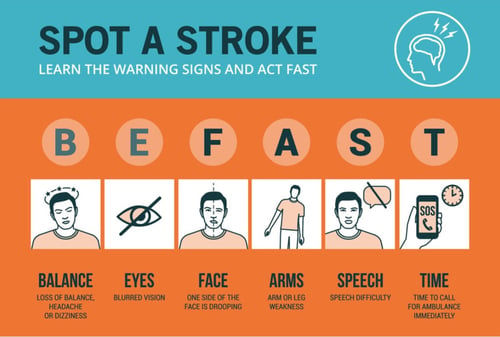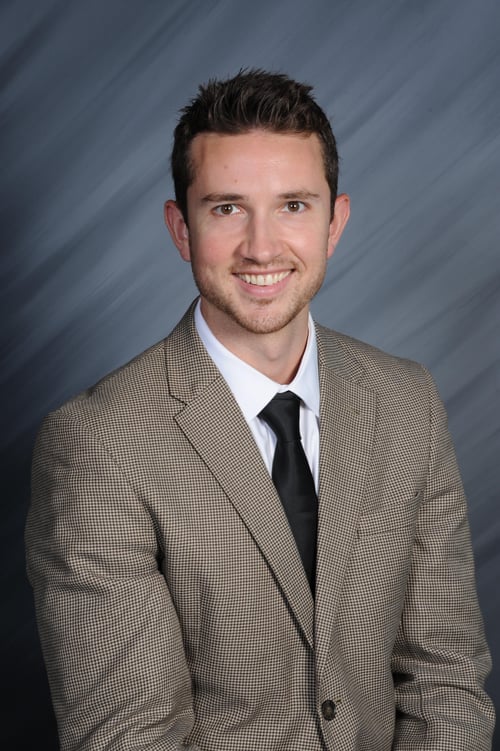
Monkeypox is a disease caused by Orthopoxvirus known as “Monkeypox”. It is related to the smallpox virus and was originally discovered in monkeys. It has been stably endemic to certain regions in Africa, and cases outside those regions were usually due to international travel or transportation of animals. However, starting in May 2022 a large number of cases began to be reported in nonendemic regions. This has prompted concern of an emerging widespread infectious disease.
Not much is known about the current strain of monkeypox; however, since May 2022 a lot more robust guidance from the various public health societies has become available.
Though the virus is related to the infamous smallpox virus, most persons who contract this illness will not become seriously ill or die. Symptoms usually begin on day 5 to 13 of the illness and typically feel like the flu. They can include fevers, headaches, malaise, and most importantly swollen lymph nodes of the neck. A few days later, a blistering rash will appear. For some people, the rash is the only symptom they may have, it and typically lasts for two to three weeks.
The virus is not currently thought to be as contagious as COVID-19. It typically requires prolonged or very close contact with an infected person to become ill. This can happen through contact with the infected person’s rash, scabs, body fluids, or prolonged contact with their respiratory droplets (such has by kissing, cuddling, bed sharing). Typically this is thought to occur during sexual contact. Another way is by touching something that has touched an infected person and has the person’s skin cells or scab crusts or infected fluids on it. Common examples include touching the infected person’s clothing or shaking their bedding linens. It is possible to pass the infection to your baby if you are pregnant.
It is thought that that a person is likely to be contagious when they have the rash. It is not known if a person is contagious before the rash appears.
So who is at risk of getting this infection? Until now, most of the patients who got the infection were men who have sex with men. However, it is important to know that ANYONE can get this infection. If you think you have symptoms of monkeypox, or were exposed to someone with a known case, call your doctor. They can test for and treat this disease.
Lastly, in order to avoid contracting this disease, or transmitting it to others, take the following steps. If you are well:
- Wash your hands often. It does not help to wear gloves everywhere if you are not changing them out environment to environment—you are simply piggybacking germs via your gloves on to everything you touch. Frequent handwashing with soap and water is the best way to prevent the acquisition or spread of infectious disease.
If you are sick, you should also:
- Wash any items that have touched your rash such as clothes and linens.
- Do not bring others in contact with your skin dust (such as by shaking bed linens).
- If someone needs to touch you or your belongings, they should wear gloves (and follow an appropriate gloving and degloving technique)
- Be extra careful if you do need to be around other people. Cover any parts of your skin that have a rash, and wear a face mask. Avoid sexual contact with other persons.
Monkeypox is still an emerging situation, and we are learning new things about this virus all the time. If you have any questions or concerns, please contact your personal primary care physician.
 Dr. Joshi is a resident physician who sees patients of all ages and provides obstetrical services at Lone Star Family Health Center, a non-profit 501(c)3 Federally Qualified Health Center operating facilities in Conroe, Spring, Willis, Grangerland, and Huntsville, and serving as home to a fully integrated Family Medicine Residency Program to increase the number of Family Medicine physicians for Texas and our community.
Dr. Joshi is a resident physician who sees patients of all ages and provides obstetrical services at Lone Star Family Health Center, a non-profit 501(c)3 Federally Qualified Health Center operating facilities in Conroe, Spring, Willis, Grangerland, and Huntsville, and serving as home to a fully integrated Family Medicine Residency Program to increase the number of Family Medicine physicians for Texas and our community.



